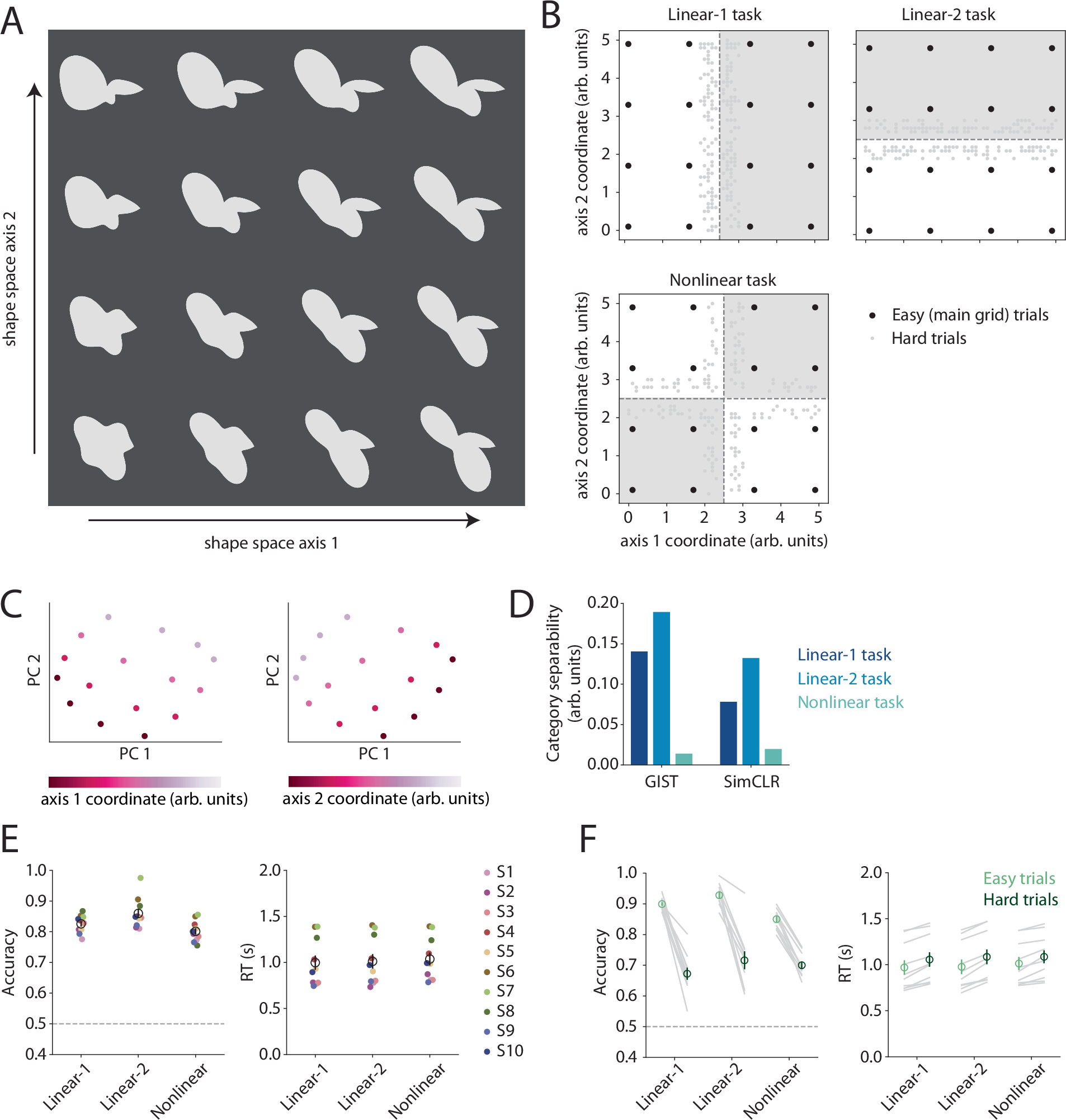2025-04-24 カリフォルニア大学アーバイン校(UCI)
<関連情報>
- https://news.uci.edu/2025/04/24/brain-based-markers-may-help-personalize-depression-treatment/
- https://jamanetwork.com/journals/jamanetworkopen/fullarticle/2831744
うつ病における抗うつ薬治療試験間の治療結果予測の一般化可能性 Generalizability of Treatment Outcome Prediction Across Antidepressant Treatment Trials in Depression
Peter Zhukovsky, PhD; Madhukar H. Trivedi, MD; Myrna Weissman, PhD; et al
JAMA Network Open Published:March 20, 2025
DOI:10.1001/jamanetworkopen.2025.1310

Key Points
Question Can neuroimaging and clinical features predict response to sertraline and escitalopram in patients with major depressive disorder across 2 large multisite studies?
Findings In this prognostic study of depression outcomes, among 363 patients in 2 trials, the best-performing models using pretreatment clinical features and functional connectivity of the dorsal anterior cingulate showed substantial cross-trial generalizability. The addition of neuroimaging features significantly improved prediction performance of antidepressant response compared with models including only clinical features.
Meaning Promising generalizability of depression response markers emerged across 2 independent clinical trials of adults with major depressive disorder; future studies with improved predictive models are needed to optimize treatment outcomes.
Abstract
Importance Although several predictive models for response to antidepressant treatment have emerged on the basis of individual clinical trials, it is unclear whether such models generalize to different clinical and geographical contexts.
Objective To assess whether neuroimaging and clinical features predict response to sertraline and escitalopram in patients with major depressive disorder (MDD) across 2 multisite studies using machine learning and to predict change in depression severity in 2 independent studies.
Design, Setting, and Participants This prognostic study included structural and functional resting-state magnetic resonance imaging and clinical and demographic data from the Establishing Moderators and Biosignatures of Antidepressant Response in Clinical Care (EMBARC) randomized clinical trial (RCT), which administered sertraline (in stage 1 and stage 2) and placebo, and the Canadian Biomarker Integration Network in Depression (CANBIND-1) RCT, which administered escitalopram. EMBARC recruited participants with MDD (aged 18-65 years) at 4 academic sites across the US between August 2011 and December 2015. CANBIND-1 recruited participants with MDD from 6 outpatient centers across Canada between August 2013 and December 2016. Data were analyzed from October 2023 to May 2024.
Main Outcomes and Measures Prediction performance for treatment response was assessed using balanced classification accuracy and area under the curve (AUC). In secondary analyses, prediction performance was assessed using observed vs predicted correlations between change in depression severity.
Results In 363 adult patients (225 from EMBARC and 138 from CANBIND-1; mean [SD] age, 36.6 [13.1] years; 235 women [64.7%]), the best-performing models using pretreatment clinical features and functional connectivity of the dorsal anterior cingulate had moderate cross-trial generalizability for antidepressant treatment (trained on CANBIND-1 and tested on EMBARC, AUC = 0.62 for stage 1 and AUC = 0.67 for stage 2; trained on EMBARC stage 1 and tested on CANBIND-1, AUC = 0.66). The addition of neuroimaging features improved the prediction performance of antidepressant response compared with clinical features only. The use of early-treatment (week 2) instead of pretreatment depression severity scores resulted in the best generalization performance, comparable to within-trial performance. Multivariate regressions showed substantial cross-trial generalizability in change in depression severity (predicted vs observed r ranging from 0.31 to 0.39).
Conclusions and Relevance In this prognostic study of depression outcomes, models predicting response to antidepressants show substantial generalizability across different RCTs of adult MDD.


